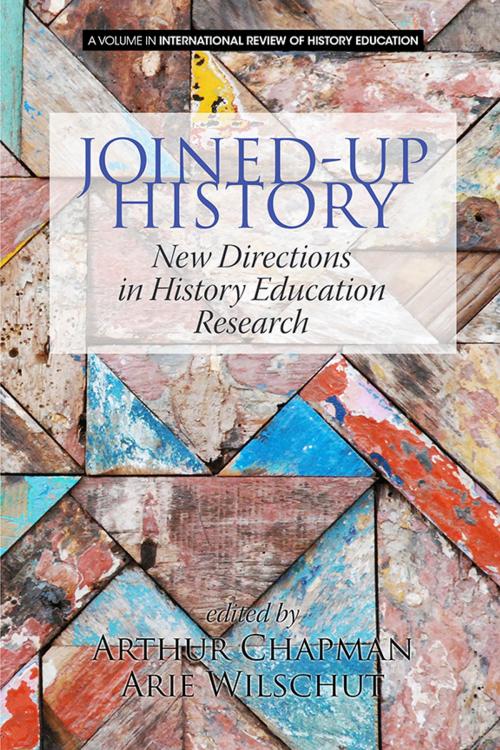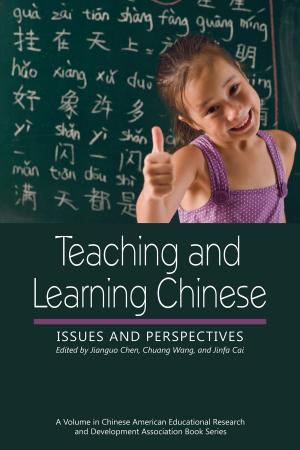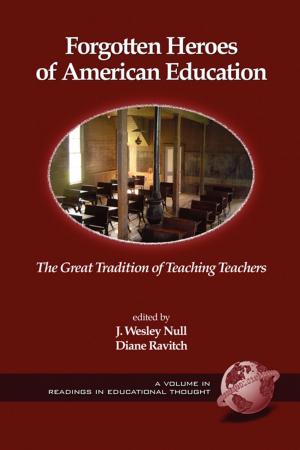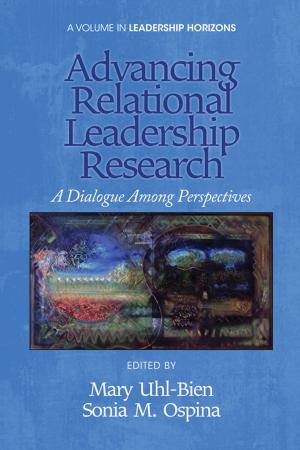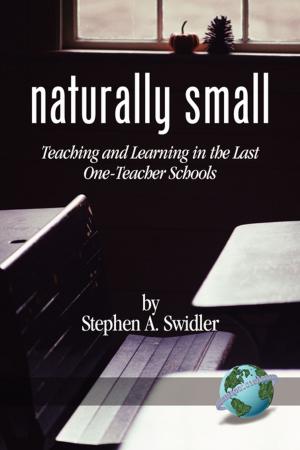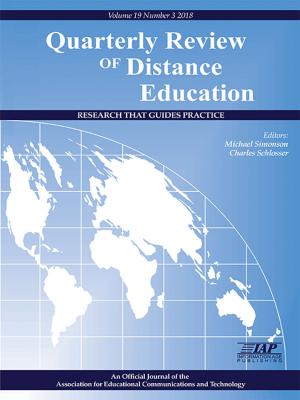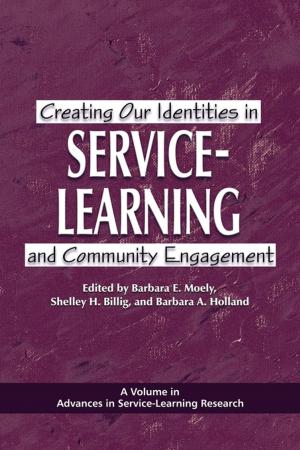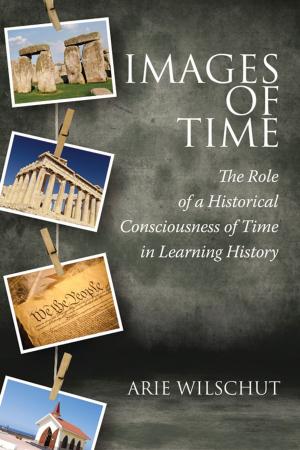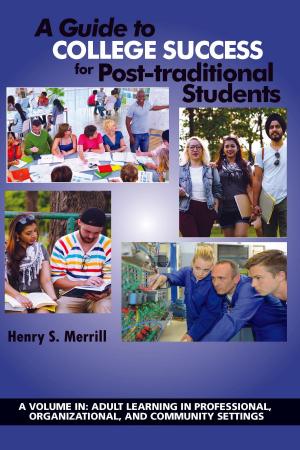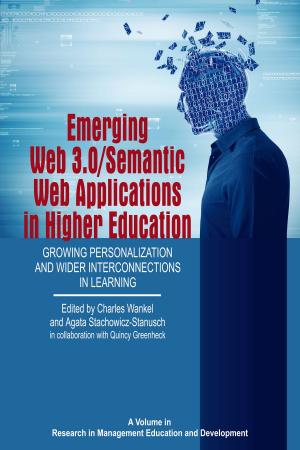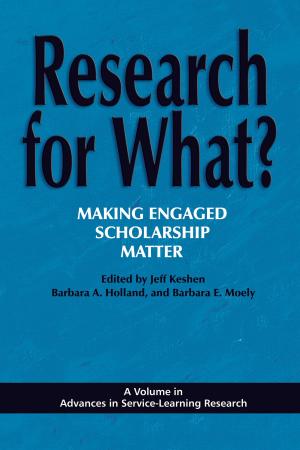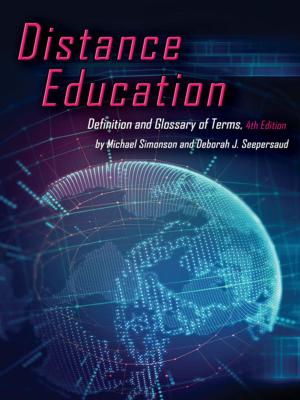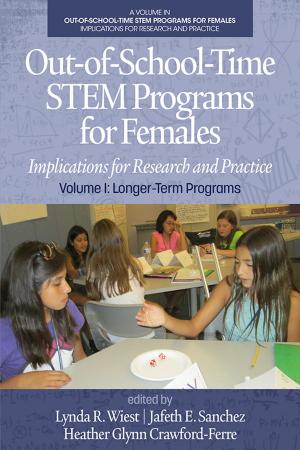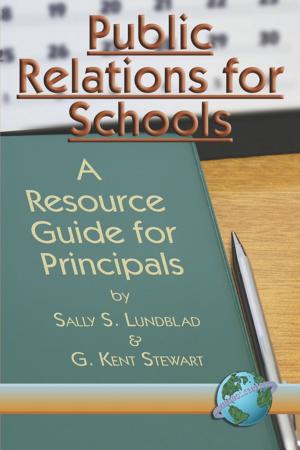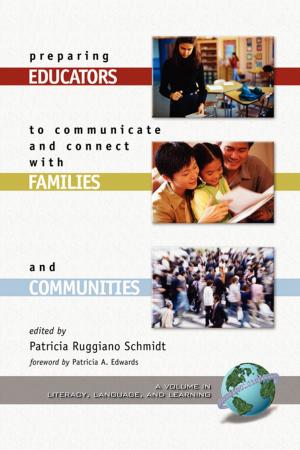Joinedup History
New Directions in History Education Research
Nonfiction, Reference & Language, Education & Teaching, Educational Theory, Leadership| Author: | ISBN: | 9781681230344 | |
| Publisher: | Information Age Publishing | Publication: | August 1, 2015 |
| Imprint: | Information Age Publishing | Language: | English |
| Author: | |
| ISBN: | 9781681230344 |
| Publisher: | Information Age Publishing |
| Publication: | August 1, 2015 |
| Imprint: | Information Age Publishing |
| Language: | English |
Debates about the identity of school history and about the nature and purpose of the learning that does, can and should take place in history classrooms continue in many countries around the world. At issue, in many of these debates, beyond the concerns about history and national identity, are often unaddressed questions about the role and interrelationship of historical knowledge and historical understanding in historical learning. Research on historical thinking is ongoing and a complex tradition of enquiry has developed across national borders in the last 30 years, focusing, in particular on developing students understanding of historical metaconcepts such as ‘evidence’ and ‘causation’. There has been comparatively little focus, however, on the historical content that students study, on how they study it and on how mastery of historical content contributes to students overall picture of a historical past. This volume gathers together recent research and theorising from around the world on key issues central to historical learning and instruction. What sense do students make of the history that they are taught? Are students able to organise historical knowledge in order to form large scale representations of the past and what difficulties can children face in doing so? What are the relationships that obtain between history as an academic discipline, as practised in universities, and history as a subject taught in schools? What can research tell us about the effects of instructional strategies that aim to help students ‘join up’ what they learn in class into meaningful historical knowledge and understanding?
Debates about the identity of school history and about the nature and purpose of the learning that does, can and should take place in history classrooms continue in many countries around the world. At issue, in many of these debates, beyond the concerns about history and national identity, are often unaddressed questions about the role and interrelationship of historical knowledge and historical understanding in historical learning. Research on historical thinking is ongoing and a complex tradition of enquiry has developed across national borders in the last 30 years, focusing, in particular on developing students understanding of historical metaconcepts such as ‘evidence’ and ‘causation’. There has been comparatively little focus, however, on the historical content that students study, on how they study it and on how mastery of historical content contributes to students overall picture of a historical past. This volume gathers together recent research and theorising from around the world on key issues central to historical learning and instruction. What sense do students make of the history that they are taught? Are students able to organise historical knowledge in order to form large scale representations of the past and what difficulties can children face in doing so? What are the relationships that obtain between history as an academic discipline, as practised in universities, and history as a subject taught in schools? What can research tell us about the effects of instructional strategies that aim to help students ‘join up’ what they learn in class into meaningful historical knowledge and understanding?
